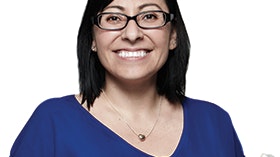Homepage
•
Learning Library
•
Blog
•
Ixchell Reyes: Language leads to deeper understanding, social change
Expand breadcrumbs
Expand breadcrumbs
- Learning Library
- Blog
- Ixchell Reyes: Language leads to deeper understanding, social change
- Homepage
- •
- Learning Library
- •
- Blog
- •
- Ixchell Reyes: Language leads to deeper understanding, social change
Ixchell Reyes: Language leads to deeper understanding, social change
By Tim Douglas
January 1, 2017








